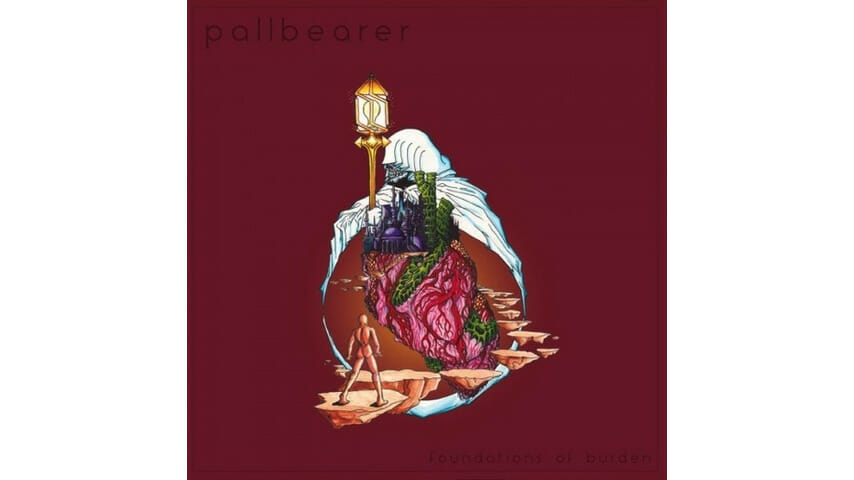Pallbearer: Foundations of Burden

Though they don’t fully cop to the doom metal label, Pallbearer’s website is called PallbearerDoom.com and they play tremendously heavy, guitar-based music. But the thing about the Little Rock four-piece (now featuring new drummer Mark Lierly) is that they deal in dualities, contradictions. On Foundations of Burden, the follow-up to 2012’s debut Sorrow and Extinction, Pallbearer continue to build monstrous riffs that turn out to be gentle giants, with sheer beauty imbuing every guitar layer. Put simply, it’s a lovely album without extremes, the band’s second consecutive record that non-metalheads can love. (Guilty.)
-

-

-

-

-

-

-

-

-

-

-

-

-

-

-

-

-

-

-

-

-

-

-

-

-

-

-

-

-

-

-

-

-

-

-

-

-

-

-

-








































